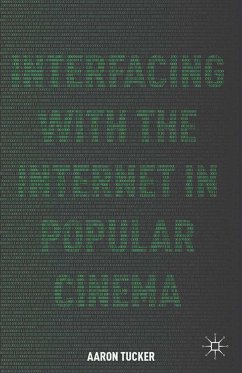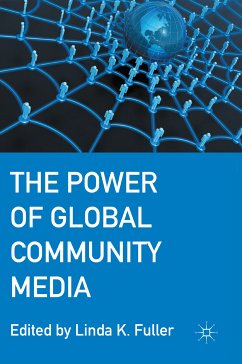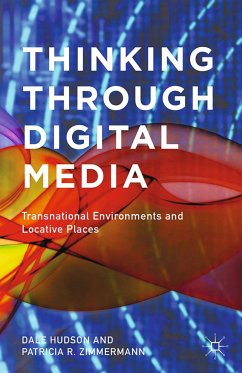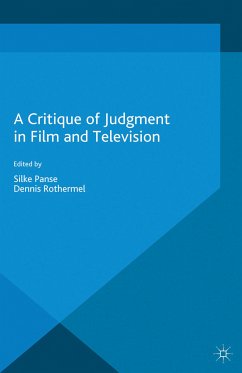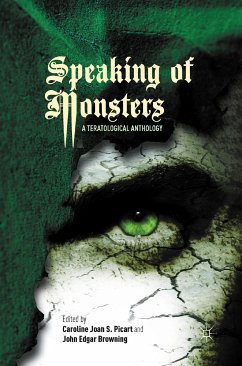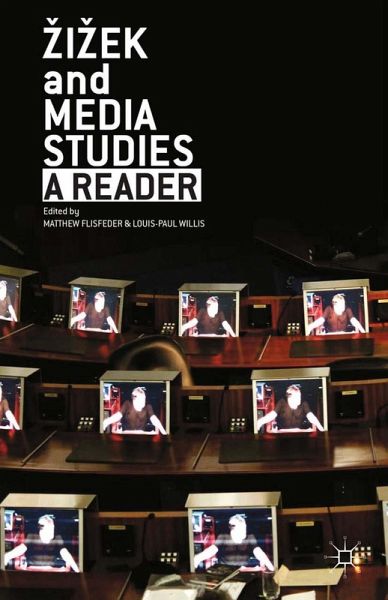
Zizek and Media Studies (eBook, PDF)
A Reader
Redaktion: Flisfeder, M.; Willis, L.
Versandkostenfrei!
Sofort per Download lieferbar
40,95 €
inkl. MwSt.
Weitere Ausgaben:

PAYBACK Punkte
20 °P sammeln!
Film, media, and cultural theorists have long appealed to Lacanian theory in order to discern processes of subjectivization, representation, and ideological interpellation. Here, the contributors take up a Zizekian approach to studies of cinema and media, raising questions about power, ideology, sexual difference, and enjoyment.
Dieser Download kann aus rechtlichen Gründen nur mit Rechnungsadresse in A, B, BG, CY, CZ, D, DK, EW, E, FIN, F, GR, HR, H, IRL, I, LT, L, LR, M, NL, PL, P, R, S, SLO, SK ausgeliefert werden.




